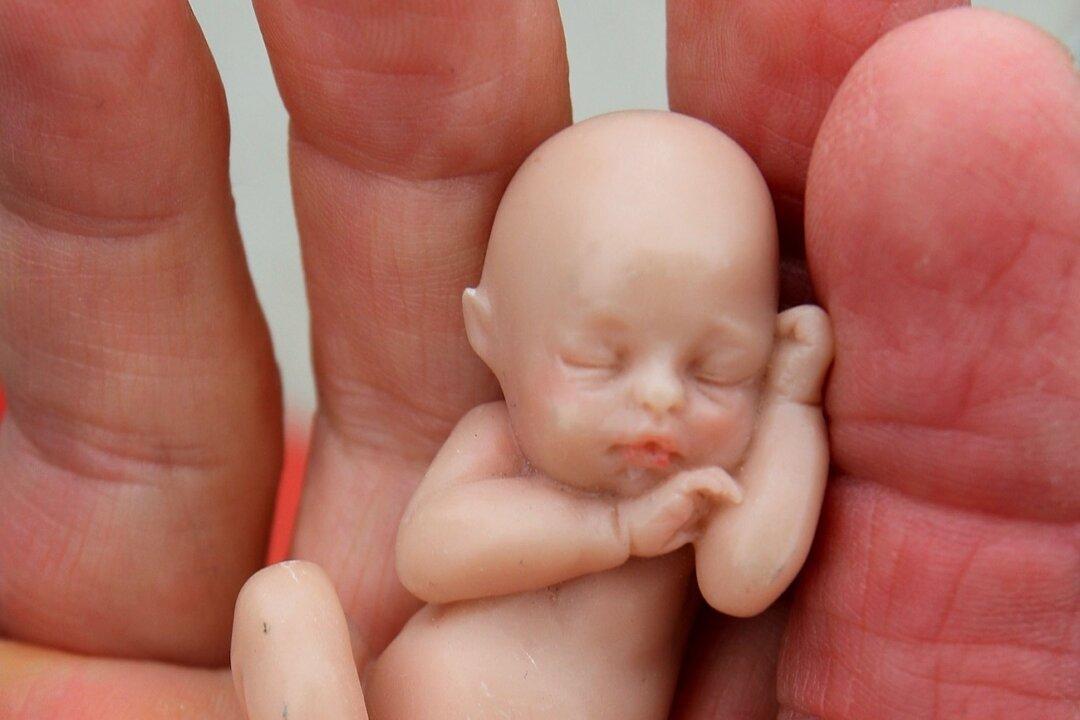The Indiana Supreme Court issued an order on Oct. 12 that bars the state from enforcing a near-total abortion ban while the court considers whether the ban is in violation of the state’s constitution.
It comes after a judge blocked the new abortion ban on Sept. 22, putting it on hold temporarily amid ongoing litigation.




